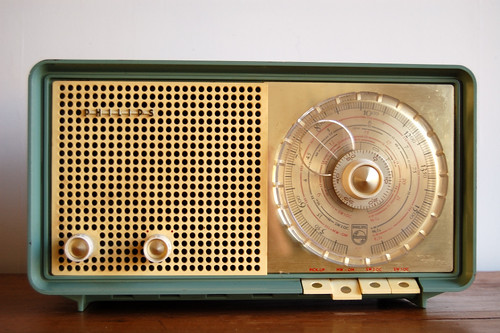This summer, just after Michael Jackson died, I took a walk with my mom in Inwood park. She remembered a fight she got in with a friend over custody of the “Thriller” LP decades earlier. We had once seen a French breakdancing troupe perform; asked after the show about inspiration, every single one of the young dancers said that it was watching Michael Jackson on TV as kids that made them want to dance. I had written about Jackson’s impact in revolutionary Iran a while back. My mom and I tried to imagine all the similar stories we knew people were telling each other that day.
Mourning “requires other people,” according to Darian Leader, a psychoanalyst. Meghan O’Rourke, writing in The New Yorker this week, explains:
Today, Leader points out, our only public mourning takes the form of grief at the death of celebrities and statesmen… This grief is the same as the old public grief in which groups got together to experience in unity their individual losses. As a saying from the Yangtze Valley (where professional mourning was once common) put it, “We use the occasions of other people’s funerals to release personal sorrows.” When we watch the televised funerals of Michael Jackson or Ted Kennedy, Leader suggests, we are engaging in a practice that goes back to soldiers in the Iliad mourning with Achilles for the fallen Patroclus. Our version is more mediated. Still, in the Internet age, some mourners have returned grief to a social space, creating online grieving communities, establishing virtual cemetaries, commemorative pages, and chat rooms where loss can be described and shared.
Public wailing and ritual black clothing have largely dissappeared, but we’re always inventing new ways to organize public mourning. My favorite product of the Jackson grief gale last summer was Eternal Moonwalk, which stitched YouTube clips together to create a surreal and powerful testament to the King of Pop’s influence.
Keep your eye on the countries named at the bottom of the screen. Watching the same dance step (executed with hillarious inconsistency) performed by so many disparate people somehow feels sublime, holy. It’s not the man, compromised and creepy as he was, that moves me. It’s us— connected, as always, by similar experiences of joy and grief, and now connected by cameras and satellites and software, status updates and text donations. Making mourning public, as it should be, once again.

